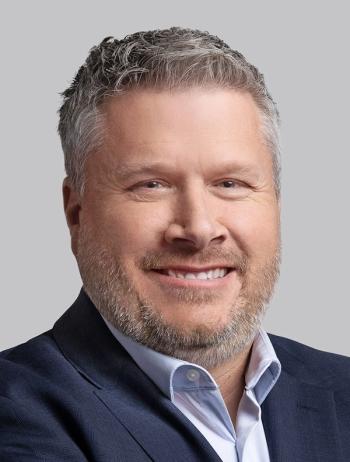
Doctors’ salaries are not the problem behind rising U.S. healthcare costs
In the ongoing examination of U.S. healthcare costs, one economist has found the lone trouble spot: physician salaries.
In the ongoing examination of U.S. healthcare costs, one economist has found the lone trouble spot: physician salaries.
Yes, Dean Baker, Ph.D., co-director of the Center for Economic and Policy Research, says-and I’m quoting here-America pays a “doctors’ tax” via physician salaries of around $100 billion a year “for healthcare that doesn’t make us healthier” in a recent piece for Politico.
Baker gets to this tally by noting that doctors are paid, on average, $250,000 annually (“even after malpractice insurance and other expenses”), meaning that each American household essentially pays a $700 “tax”- also known as salaries for physicians. I point you to our most recent Medical Economics research this April to show this salary estimation is false (see bit.ly/88th-physician-report).
“Doctors and other highly paid professionals stand out in this respect,” Baker notes. “Our autoworkers and retail clerks do not in general earn more than their counterparts in other wealthy countries.”
Baker calls U.S. medicine a “cartel,” since the profession has control over the supply, in the form of residency slots, scope of practice for licensure and rules limiting foreign-trained physicians.
“Getting U.S. health care costs down is a herculean task; getting doctors’ pay in line is a big part of the solution. It’s time we broke up the doctor cartel,” Baker concludes.
Now, Baker’s piece has some merits-although I’m using “some” extremely loosely here. Yes, residency slots can be freed up, and yes, there are some things non-physician providers can do that a trained MD or DO does now, but a large part of his hypothesis is just off-base.
No one reading this magazine thinks physicians are overpaid. In fact, a large majority of you feel like you are underpaid, given all the uncompensated tasks that accompany everyday medical practice. From overcoming social determinants of health (addressed in our cover story) to looking up medication discounts to being chained to a keyboard to complete electronic notes.
I’m sorry to question a noted economist, but the key to controlling healthcare costs does not lie in trimming physicians’ salaries.
That would be like me saying that the economy is in turmoil right now, so I think the logical next step is cutting the annual salaries of all economists. According to my online research, an economist can make between $42,000 on the low end up to $145,000 on the high end. Given that Mr. Baker is a co-director, I’m going to assume he’s even past the higher end of this scale.
So if we are cutting salaries of the hard-working people trying to find a solution to a system full of never-ending change and spiraling out of control, perhaps those in glass houses should not throw stones.
Keith L. Martin is editorial director of Medical Economics. Is physician pay a major factor in rising health costs? Tell us at [email protected].
Newsletter
Stay informed and empowered with Medical Economics enewsletter, delivering expert insights, financial strategies, practice management tips and technology trends — tailored for today’s physicians.






